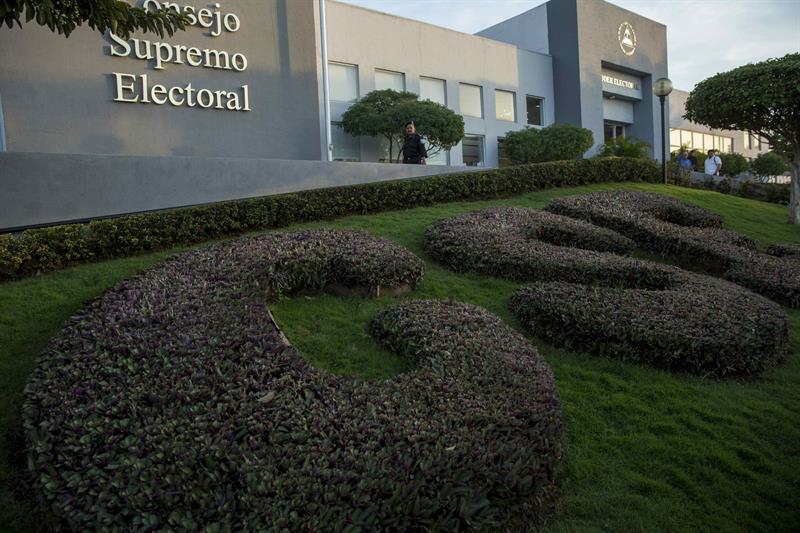RIO DE JANEIRO, BRAZIL – The Nicaraguan Supreme Electoral Council (CSE) issued a reminder this Friday, June 4, of the legal requirements to be fulfilled by the presidential aspirants for the November elections, elections for which this week opposition candidate Cristiana Chamorro was disqualified after being arrested for a case alleging money laundering.
In a resolution dated Thursday, June 3, the CSE called on the parties to “guarantee compliance with the legal requirements of their pre-candidates”, among those established by the latest reforms to the Electoral Law, which came into force last May, six months before election day.

The notice by the CSE comes after the Citizens for Liberty (CxL) party opened its doors for all the opposition presidential aspirants to compete under its organization, to determine who will be the one candidate to challenge President Daniel Ortega in the November 7 elections.
According to Nicaraguan legislation, only candidates who, among other requirements, comply with being in full enjoyment of their civil and political rights or have resided continuously in Nicaragua for the four years before the election may run for president.
The CSE reminded the parties “not to register” candidates “who lead or finance a coup or attempted coup d’état, who alter the constitutional order, who promote or urge terrorist acts, who carry out acts which undermine independence, sovereignty, and self-determination”.
OPPOSITION FEARS MORE DISQUALIFICATIONS LIKE THE ONE OF CHAMORRO
Neither should they have candidates who “incite foreign interference in internal affairs, call for military interventions, organize themselves with foreign financing, to carry out acts of terrorism and destabilization, who propose and manage economic, commercial and financial blockades against the country and its institutions”.
Likewise, the CSE insisted that the parties must not register “those who demand, exalt and applaud the imposition of sanctions against the State of Nicaragua and its citizens, and all those who harm the supreme interests of the nation contemplated in the legal system.”
Presidential aspirant Felix Maradiaga affirmed that the CSE “already wants to remove from the electoral process any candidate with broad popular support, as it is already doing with Cristiana Chamorro. This cowardly act, to prevent from now on the real electoral competition, should not be recognized as legitimate by any opposition party.”
According to a Cid Gallup poll, Chamorro could beat Ortega in the elections, but she may be be disqualified by a court this week, and barred from running in the elections after having been accused by the Public Ministry of the crimes of “abusive management and ideological falsehood (perjury) in competition with laundering of money, goods and assets”.
Pre-candidate Arturo Cruz, a former ambassador of the Sandinista government of Daniel Ortega (2007-2009) and one of the aspirants who fulfill almost all the requirements demanded by the CSE, affirmed: “if the dance of prohibitions continues and we are left without other candidates, the logical thing is that this servant does not participate in this (electoral) process”.
Ortega, who has governed since 2007 after having done so between 1979 and 1990, will risk next November, his 42 years of almost absolute primacy over Nicaraguan politics.
The Organization of American States (OAS) has warned that Nicaragua is heading “towards the worst possible elections”, qualifying as a “new attack on democracy” the disqualification of Chamorro Barrios, since it makes “even more impossible the existence of free, fair and transparent elections”.
Meanwhile, on Thursday, June 3, the European Commission called for Chamorro’s release.

